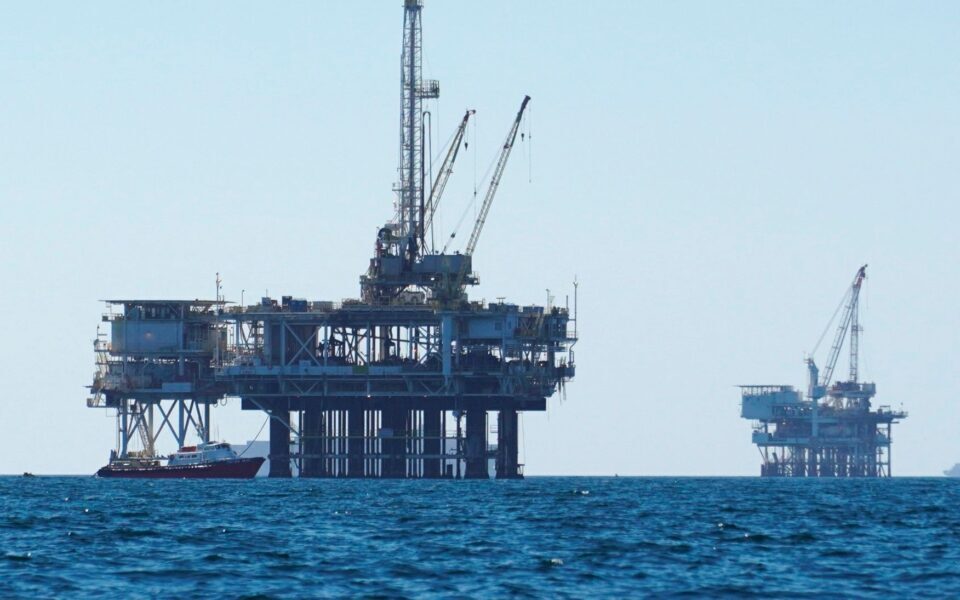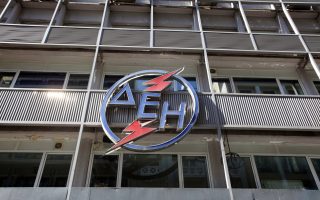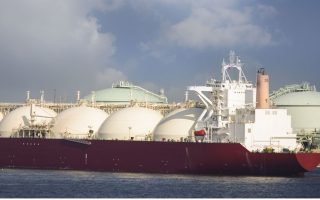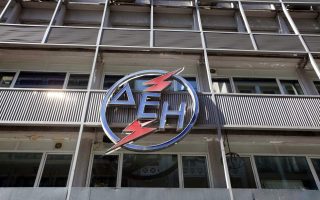Redrawing the energy map
Athens explores a wide range of new scenarios for gas reserve utilization and transmission

The European decision to disengage from Russian gas is set to bring radical changes to the energy map, including the transmission of quantities from East Mediterranean reserves, and has rekindled interest in the hydrocarbons off Crete and in the Ionian Sea.
In this new “pipeline war,” Ankara has staked a claim to the transmission of Israeli gas to Europe via Turkey. For its part, Athens is working on a plan for an “alternative” EastMed pipeline, bringing gas from Israel through Egypt and Greece to Italy and the rest of Europe. All plans on the table will have pros and cons, of an economic, geopolitical and technical nature.
Athens is resorting to speedy procedures for the resumption of surveying in three blocks with potentially large hydrocarbon reserves. Prime Minister Kyriakos Mitsotakis made clear in Parliament the government’s resolve to have the areas south of Crete and in the Ionian explored so as to get an integrated picture of any gas reserves and proceed with their utilization if considered profitable for Greece.
Mitsotakis suggested that decisions and timetables will be announced this week regarding the start of surveying in the two blocks south and southwest of Crete that have been conceded to the Total-ExxonMobil-Hellenic Petroleum consortium, and that in the Ionian conceded to Hellenic Petroleum.
It will take a program of at least two-and-a-half years for the further probing of those reserves, through seismic surveys and drillings, at a cost of up to $150 million per block.
In the coming days the government is expected to give contractors a strong signal of determination that was absent before, due to the generally negative environment resulting from the drop in gas and oil rates in 2019 and 2020. Should the companies remain idle, the government has already found others to take over the projects.
As for the alternative to EastMed, it concerns a 380-kilometer pipeline that would follow the path of the Egypt-Greece power interconnector. That plan would sidestep any geopolitical obstacles, but also leave Cyprus out, thereby coming at a political cost.





